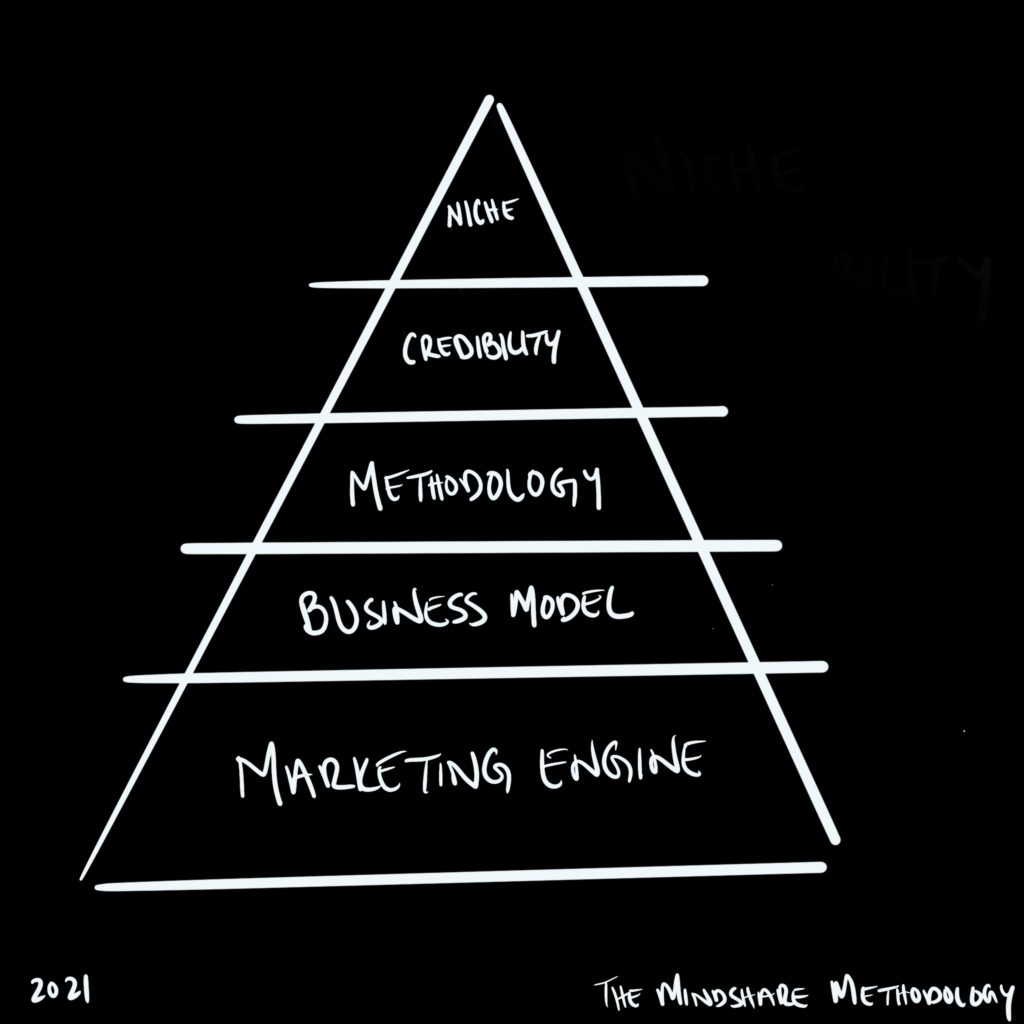There are a lot of tools you can use to show your sales and marketing data.
I’ve tried plenty. And while they all have a place, the one I like best is a simple spreadsheet.
Why? Because I can easily see major activities and results over long periods of time—allowing my clients and I to make informed decisions.
With one spreadsheet, I can track inputs (i.e. number of blog posts published) and outcomes (i.e. sales close ratios).
I can combine financial performance with several marketing channel analytics in one view.
I can see how one thing impacts the others at a glance. Like dials on a control board, I can make tweaks to our approach with relative ease.
I even can use mathematical formulas to surface other insightful data, such as repeat purchase rates, marketing efficiency ratios, or payback periods.
I also can quickly add and remove rows depending on what questions we’re asking, making it a fluid and customizable experience.
Most importantly, it’s the place where results can’t hide. It gives total transparency on what’s working or not.
As an advisor, it’s your ethical duty to provide visibility into everything you do. Too much of the industry lives in obfuscation.
If you need a KPI template, I share mine (and many more templates) with members of Mindshare Pro.
Whether you use mine or not, I highly recommend instituting a similar practice.
Your clients will also love it, and that’s just good for business.
